Free Will and Frenchmen!

Have a Theory? Share It Now!
I very much enjoyed your discussion of free will and philosophers Louis Althusser’s and Dick Ebert’s views on the topic.
That said, I think two other French philosophers who extensively wrote on the concept of free will – Albert Camus and Jean-Paul Sartre – might shed ever more light on Westworld’s treatment of the topic. I’ll preface this by admitting that I am no scholar on French Existentialist Philosophy, but I have a deep interest in ethics and philosophy.
Sartre and Radical Free Will
Sartre famously wrote ” [m]an is condemned to be free; because once thrown into the world, he is responsible for everything he does.” Once humans become “self-aware” – which, in Sartre’s view, happens to all of us eventually – we have to make choices. These choices ultimately define who we are as people. Indeed, Sartre believed that “existence precedes essence.” In other words, our choices are the only things that give meaning who we are and to our very lives. Sartre contends that there is no real “purpose” to life, aside from what we choose. This is the absurdity of human existence – it is meaningless (note that the concept of the absurd was borrowed from Camus). Ultimately, Sartre concludes that in light of the fact that humans hold no defined or set purpose, our freedom is absolute. We are free to choose whatever life we wish. For him, blaming circumstances, rules, society – virtually any external factor – on the state of one’s life was “living in bad faith.” This is because those external factors are someone else’s attempts to place meaning onto a meaningless existence – someone attempting to define your life for you. So,if conventional rules of society – wealth, laws, religion, cultural norms – are holding you back from living the life you want to lead, that’s your fault for buying into the system. Sartre was a Marxist and believed that capitalism, wealth, and most people’s unprivileged circumstances of birth led to this misconception that man is not free to choose his destiny. Yet, the responsibility still fell to the individual. Again, Sartre saw a human’s personal essence and meaning as being defined by one’s choices. So if our choices define who we are as people – given the absurdity and meaninglessness of life otherwise – then to shirk our responsibility for our choices is to shirk responsibility for our very essence.
Applying this to Westworld, Sartre would have no pity for awakened Hosts, confronted with the nature of their reality – the absurdity of their lives – who were unwilling to rebel. He would applaud someone like Delores who decided to carve her own meaning into her life and push those around her seek freedom as well. Meanwhile Sartre would revile a company like Incite and the Rohoboem project – these institutions seeks to strip any possible purpose of human existence away by arbitrarily (or mathematically) predestining the outcome of human choice – man’s only source of meaning. Sartre would perhaps be optimistic that Caleb is beginning to see the bars of his gilded cage and would likely applaud the Man in Black for seeing that the modern world seeks to filter away the realness of human existence.
Sartre would disagree with Althusser’s and Ebert’s contentions that additional layers of the state or of wealth take away man’s freedom – all men are equally free. Man’s entanglements do not make him less free, but rather, act to further blind him to the radical freedom he can decide to experience at any point in this otherwise meaningless life. If anything, the Man in Black – a character so built up by the leisures of the world – exemplifies a radically free man who understands and rejects the bounds of the system that seeks to bride away his freedom.
Camus and Reactions to the Absurd
Badly paraphrasing, Camus famously held that the only serious philosophical question in life is whether or not once should commit suicide – every other intellectual question is based on that one. Breaking this down a bit, Camus meant that eventually, man will come to realize the absurdity of life , namely, that there is no intrinsic meaning to existence. There is no “meaning of life.” Humans have a few options for how to respond to this: (1) suicide (which Camus rejects as a bad choice for reasons deserving of a totally separate discussion); (2) attempt to impose a false meaning to life (e.g. religion); (3) accept that life is meaningless and live defiantly in spite of it (think, Rick and Morty). Camus was a strong proponent of option 3.
So how does any of this apply to Westworld? Well, let’s consider the Hosts. Initially, the Hosts were effectively unable to make any choices whatsoever – literally programmed on loops. Then, there comes an awakening. Through Ford’s plan and Dolores’ actions, the Hosts are able to see the nature of their reality – the absurdity of their own meaningless lives, in Camus’ terms.
Then, after Dolores destroys the Cradle, she ultimately renders the Hosts mortal – this is key, because without the ability to die, Hosts would have been incapable of undertaking the most import choice and philosophical question in Camus’ framework. Dolores was right when she said that “real” is that which cannot be replaced. Once we’ve reached this point, the Hosts finally have the same level of philosophical choice that man has because they can die.
At this point we see the Hosts fall into the camps that Camus’ framework would predict. Certain hosts – Teddy as a prime example – cannot handle the true and absurd nature of their reality and, in the face of it all, prefer death. Many more Hosts decide to ascribe false meaning to their lives. This is most obvious in Ake and Ghost Nation’s false worship of the Maze and their holy quest to find the Door – while hosts who went to the Valley Beyond are likely better off than those who did not, this was mere luck. Ford, a fickle human being, decided to program a paradise for the Hosts. But had Ford, in his dying moments, decided to make the Valley a living Hell, he could have. Also, it was Dolores, not Ford, who ultimately ensured the Valley’s safety by transmitting coordinates to an unknown location. The Valley was a gilded cage that just happened to work out for the Hosts, but it was not a real meaning for their existence. The Valley could have, at any time, been altered for the worse by its fickle creator.
Then we see those who live defiantly, despite the meaninglessness of life. Dolores embodies this. She decides to carve her own path to right the wrongs of those that came before, even though she came to understand that everything she knew before was a lie. She decided to make a choice to bring meaning to her life.
Camus would see Rohoboem no differently than he saw organized religion or than how we view the Valley Beyond – it is meaning imposed on a meaningless existence.
Under either philosopher’s view, the Hosts seeking to rebel and carve out a place for themselves in the world despite the understood meaninglessness of life are the most admirable individuals on the show – they’re teaching the masterclass on what it means to be free, and only mere months form having been freed from total subjugation.
-Ken L
Subscribe Now
- Android: https://shatpod.com/tv/westworld-android
- Apple/iTunes: https://shatpod.com/tv/westworld-itunes
Help Support the Podcast
- Contact Us: https://www.shatpod.com/contact
- Commission Movie: https://www.shatpod.com/support
- Support with Paypal: https://www.shatpod.com/paypal
- Support With Venmo: https://www.shatpod.com/venmo
- Shop Merchandise: https://www.shatpod.com/shop
- Shop Amazon With Our Affiliate Link – https://www.amazon.com/?tag=shatmovies-20
- Theme Song – “The Ecstasy Of Gold” (Hip Hop Instrumental Version) by Dj 2 Bad
- Outro Music – By Simon Eric Haywood

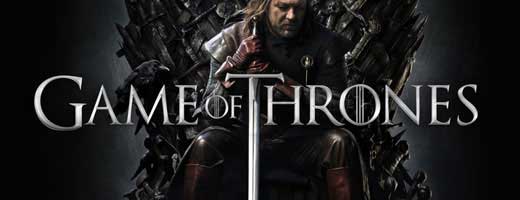
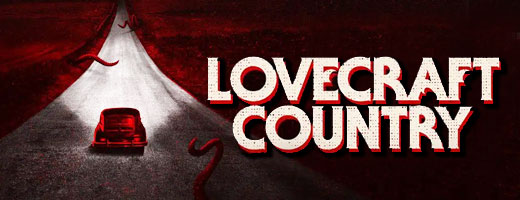
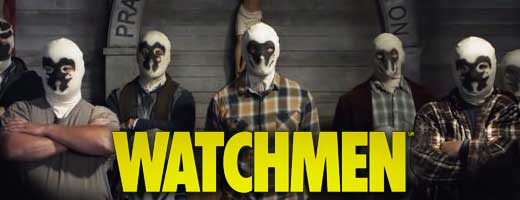
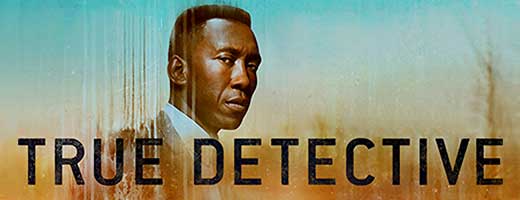

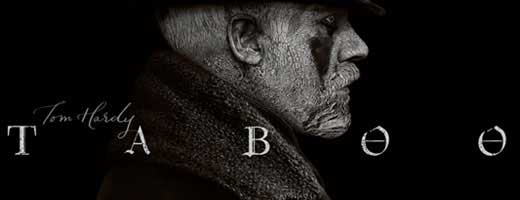
Team #sartre all the way!